 |
| Hedvig Mollestad. Photo credit: Markus Thorsen |
Hedvig Mollestad Thomassen is a Norwegian guitarist. She won the 2009 Young Jazz Talent of the Year Award at the Molde International Jazz Festival in Norway, has performed at the 2014 Vancouver and Ottawa Jazz Festivals, and at SXSW in 2013. Nicky Schrire, who will be covering the Berlin Jazz Festival for us, spoke to her ahead of her trio’s appearance at the 2014 Berlin jazz Festival (October 30th-November 2nd).
London Jazz News: Tell us something about where your music comes from, and what got you into jazz?
Hedvig Mollestad Thomassen: I graduated from the Norwegian Academy of Music in 2010 (my trio members bassist Ellen Brekken and drummer Ivar Loe Bjørnstad also went there), studying for more or less five years, and before that I studied musicology at the University of Oslo, where I also focused on jazz guitar.
However, jazz came into my life with my father, which means it has been there from the very beginning, as he played trumpet and flugelhorn, and participated in the Norwegian Jazz Scene in the 60’s and 70’s, and even recorded with Jan Garbarek. I’ve grown up with the musical expressions of Miles Davis, John Coltrane, Chet Baker, Art farmer, Freddie Hubbard, Oliver Nelson, and I still listen to that music. As I started to play guitar, I explored the work of Hendrix, while simultaneously listening to the work of guitarists like Ralph Towner and John Abercrombie. I didn’t reflect too much on the fact they had different ways of expressing themselves, I just found them all very interesting and enjoyed their playing. I also listened to free improvisation at an early age, and I guess the wildness of that music was easy for me to combine with the quiet voice of guitarists like Jim Hall. As I got older, more heavy music came into my life, and I enjoyed that too. Bands like Motorpsycho, Led Zeppelin, Mahavishnu, Rush, Black Sabbath-although they are very different, I find that they have so much in common.
LJN: Forgive the question, but is it rock? Is it jazz….?
I actually hate talking about genres, because I think we have lost a sense of what rock or jazz actually mean. So I find it more interesting to talk about what jazz means to me, cause it might be something completely different to you or any other reader. To me, the core of jazz is improvisation, it is to listen while you play, it is a way of reacting, a way of behaving, a way of thinking, or not thinking while you play. It is allowing things to happen. It is a set of thoughts on how to relate to playing music. If we succeed in keeping this set of ideas while we make and perform music, then I think jazz is present in the music of the trio.
It is much easier for me to describe how the ensemble thinks than to put words to what the actual genre is. The guitar is distorted in a way that is supposed to make it sing, growl, howl, cry and whisper; the drums are sometimes, hectic, sometimes loud, sometimes soft, but inevitably deeply tied together with the bass, which is pounding, finding its way underneath, in between and sometimes in front of the guitar. The three instruments should, at all times, be a unit, even when not all of us are playing.
LJN: What have been some highlights for the Hedvig Mollestad Trio thus far?
HMT: It is hard to talk about highlights, because they appear when we least expect them, and they are most of the time very small and simple. It can be on an old rehearsal tape that you haven’t heard for a while, it can be a moment in a solo where everything comes together just right, it can be an invitation to play in a very remote country, or when we all agree on a recording in the same way. Every time we release a new record, it is in one way satisfying, knowing that a great amount of work is finished. Still, I think our travels are quite memorable, like the ones to US, Canada, Japan, Malaysia, and of course our three Europe tours. I must say, opening for John McLaughlin in London later this November is something that we are really looking forward to.
LJN: Your trio has released three albums to date (all on Rune Grammofon), and you performed on the Trondheim Jazz Orchestra (TJO’)s album “Ekko” (MNJ Records) which featured vocalist Elin Rosseland. The music on that recording is much more orchestral and very different to your trio music. What was the experience of recording and performing with the TJO like for you?
HMT: Working with experienced and extremely inspiring musicians like Elin Rosseland, is a true pleasure and really interesting. As you know, the TJO’s crew changes from project to project. I also played and recorded the works of Øyvind Brekke (2011’s “Migrations”), which I find to be extremely epic and a masterpiece. To dive into other great musicians work, and participate with my own voice, is truly a great pleasure and helps my own music to develop. I also play with other artists, performing music with expressions far away from the trio’s. But as I have always listened to very different kinds of music, and still do, it is not that strange to play different kinds of music, though I prefer my focus to be my work with the trio, of course.
LJN: Are you aware of sounds and musical references that you use as being specific to Norway and the music scene there?
HMT: No, not really. Of course I listen to a lot of my fellow musicians and what they do, and I’m sure they influence me in some way, but I wouldn’t be able to take that down to a matter of common geographic affiliation.
LJN: What can audiences expect at your performance at Berlin Jazz Festival this weekend? Will you be performing new music as well as repertoire from all three albums?
HMT: Well, as we have been on tour for a month, and this being our last gig, I suppose we’ll have the urge to burn whatever energy is left. Although we try to do so every night, no matter where or when we play. Still, I believe that it will be a special night, as it often is when it is the last day of touring. We always try to be dynamic, and we change the set list every night. We’ll play music from all three albums, playing like it was the very last thing we were going to do, and hopefully the crowd will be alive and working together with us, making this the BEST Saturday night of 2014!
Hedvig Mollestad Trio performs at Berlin Jazz Festival on Saturday 1st November at Haus der Berliner Festspiele, Side Stage.
LINKS: Hedvig Mollestad Trio Myspace
Berlin Jazz Festival website
Categories: miscellaneous


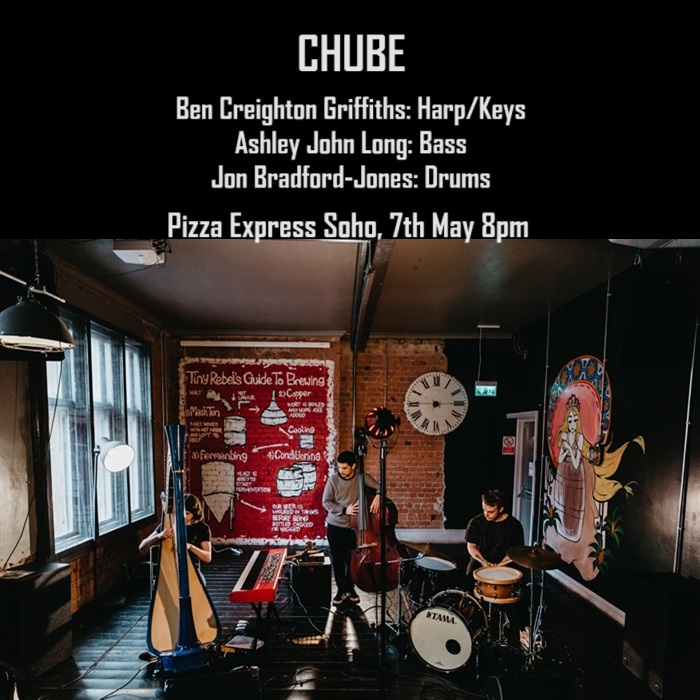


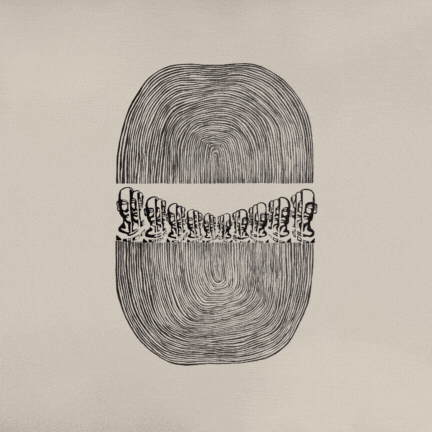

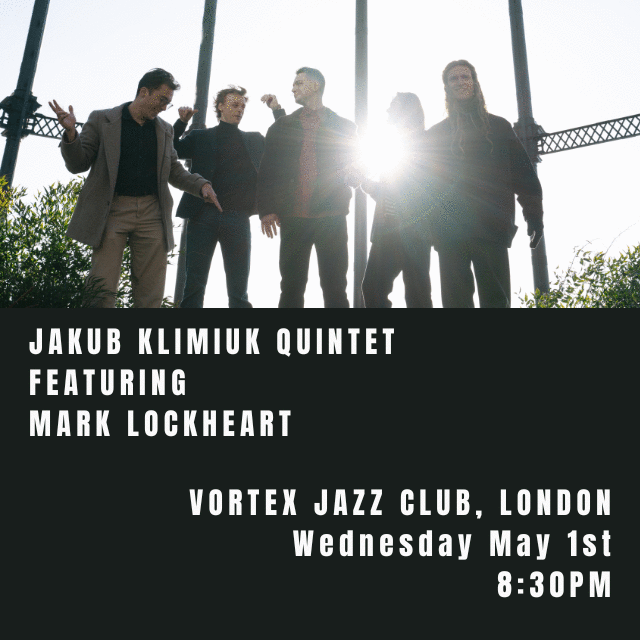
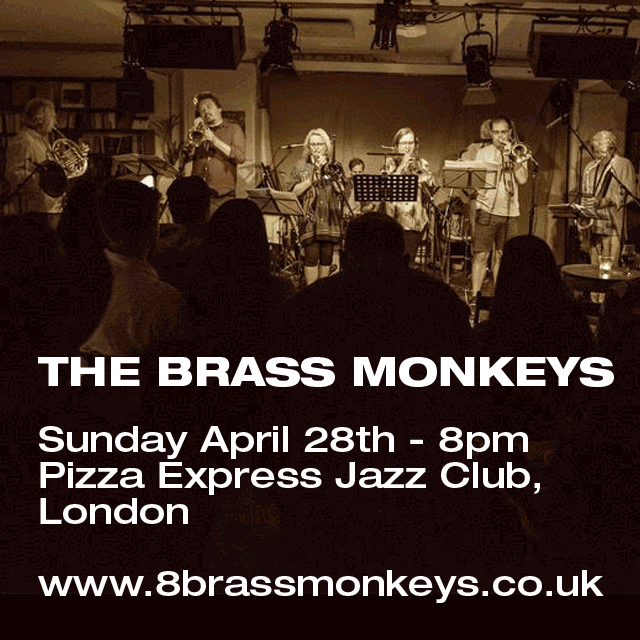
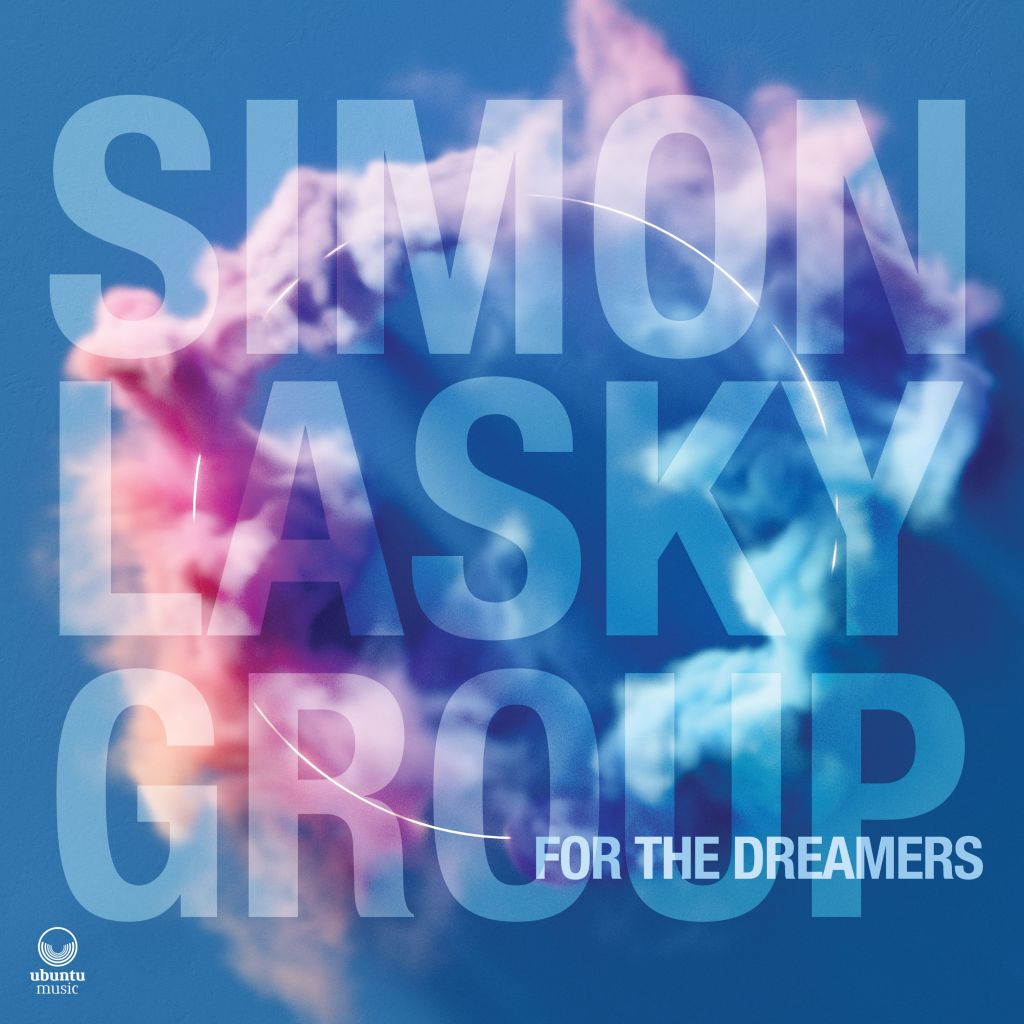
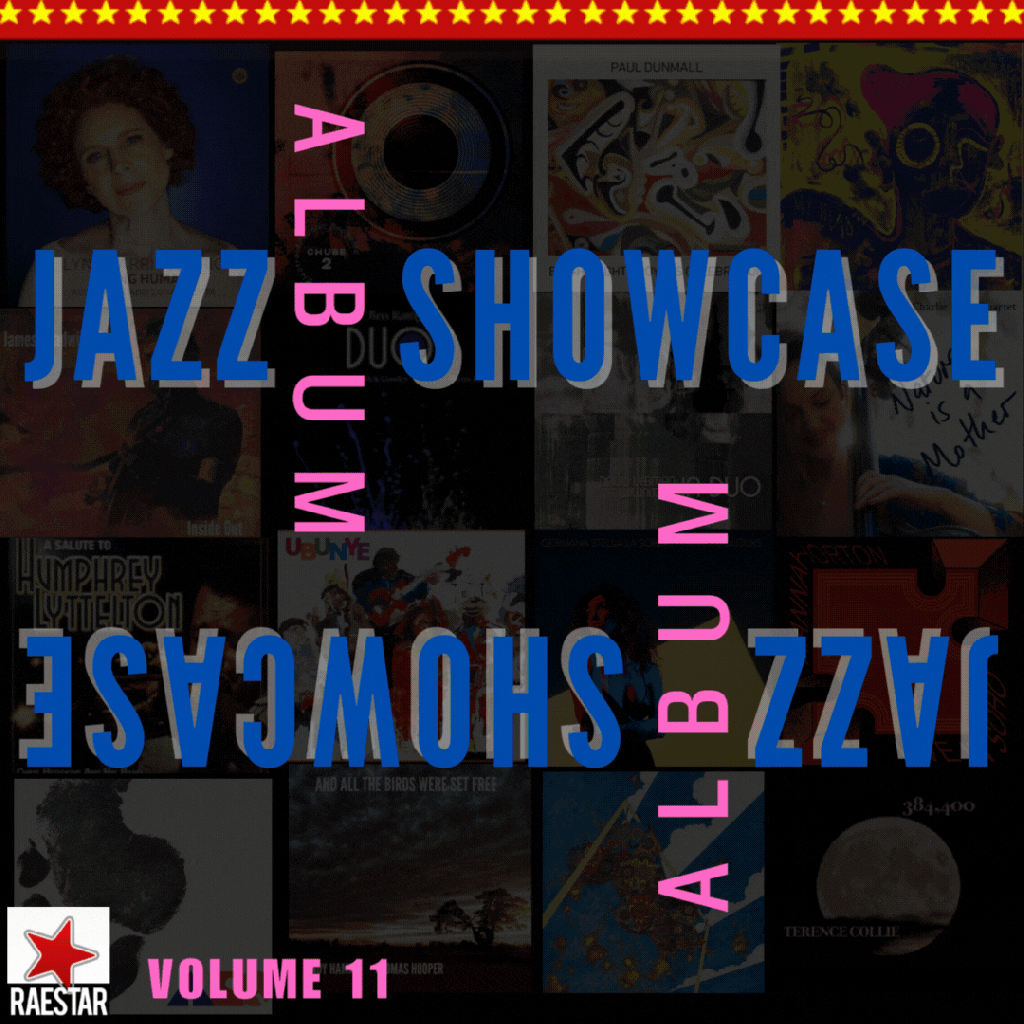

Great – but don't interviewer and musician realise jazz plus rock is old (and great)? Nice to see girls doing it, of course, but musically…what's new? I hear a lot of Jan Ackerman. Numerous fusion guitar players did a more interesting job of the mix 30 years ago. It's time stories like this were tempered by a healthy injection of critical experience (not even scepticism, just simple fact). Here we have a prime case of jazz academies selling old stuff as new, probably to a generation that knows no better. This music is virtually pointless. We learn nothing – other than girls can play guitar with a jazz notion, but those of us that dig guitar and jazz knew that too – check girl guitar players on YouTube.
Anonymous:
1. This is an interview. NOT a review. It's not the correct context for the writer (me) to pass criticism on the subject's music. It's an opportunity to learn more about Hedvig and her musical journey thus far. Why would I inject personal criticism into a Q&A?
2. I'm not going to line her up on a timeline of “female guitarists who have come before.” And for you to suggest I do so says more about your need to pit players against one another than my lack of injecting “a healthy dose” of critical insight. Maybe competitive sports are more your speed than music or the arts in general?
3. I resent many people from the “older” generation using “my generation” as a poster child for all that is wrong with jazz and its link to academic institutions. While there are many cases of academies turning out clones, this is not one of them. Where are the guitarists making waves like Hedvig is? I can't see them.
4. “This music is virtually pointless.” Then is all music, including jazz in general, virtually pointless? Your version of something progressive is vastly different to the next person's take on modernity and newness. Maybe Hedvig just isn't your cup of tea.
5. “Nice to see girls doing it.”
“..girls can play guitar”
“check girl guitar players”
I'm going to let you reread these excerpts from your comment and you can let me know if you think they are, even the tiniest bit, misogynistic…Mull it over.
1. – your questions could have been more critical to elucidate more informative responses. All we have from HM is platitude, particularly in regard to what jazz is. Most of her “definitions” apply to any music. Have you heard a good musician who doesn't both interpret (I hear from her mainly interpretation of old rock, and little improvisation) or any ensemble that doesn't interact?
2. No – music progresses, or at least accretes, and comparison illuminates
3. Your resentment tells us you prefer not to deal with fact, or history. Re. waving guitarists, you could look, but more importantly, listen, harder.
4. It's virtually pointless because it lacks individuality and adds almost nothing beyond small variations to the guitar lexicon. But as per 3., you may be “seeing” rather than “hearing”.
5. I love seeing (and hearing) girls play guitar or any other instrument that removes them from the singer/piano ghetto. Happily, more and more are doing so, brilliantly. Nothing misogynistic in that, though I feel you'd like to see it.
6. Never mind – we're at other ends of the spectrum…enjoy the gig
Lovely interview/preview. I particularly liked Hedvig's description of what makes music jazz. I didn't know the Trio's music at all, and it's prompted me to check it out. I don't think it's particularly my thing, but it certainly helped having this interview to give me some insights into what the band is doing that I wouldn't have had otherwise.
I'm not sure what the first commenter is on about other than expressing a personal preference and making some pretty asinine generalisations – and I'm always suspicious of commenters who hide behind that mask of “Anonymous” – so for Nicky Schrire to take the time to respond struck me as rather generous. I look forward to Nicky's Berlin reports.
What pompous piety from thejazzbreakfast. Well, I suppose the “Lovely” tells us he doesn't hope for much from musical discourse. Why can't today's jazz journalists be as incisive as those in other fields? Is it because they are a cosy club of mutual back-scratchers?
Anonymous-had you actually read the Jazz Breakfast, you'd know that particular site is one of the most balanced in regards to critical comment. There's no excessive sugar-coating nor vanilla-esque tribute on it. But then again, what do I know? I'm merely back-scratching here…
It seems you're trying to create discourse for the sake of it. As I said before, and as JazzBreakfast's comment reiterates, the piece is a PREVIEW. It's not a debate article nor a review whereby I rip into one of my peers and challenge the authenticity and originality of their brand of music. I don't believe in saccharine reporting, but I do believe in letting the interview subject guide the course and tone of a piece that simply introduces them to an online audience. But if you'd like to stir up contentious debate, then go ahead. It'll only bring more readers to this page and Hedvig's music.
Two brief comments:
a) a 'girl' is someone of 12 or under in a non-sexist universe; over that age, she's a 'woman'
b) why bring her gender into it at all? Neither the interviewer nor the interviewee considers it relevant, so why does Anonymous?
CP: Plenty of boy bands with members over 12. Does anyone call that usage sexist? Gender, because, as I say, that's the new(ish) element. We're talking musical criticism here. Why so hard for so-called experts to engage in the sound (though not, in this case, of surprise). You'll say the piece is not a debating point. If not, why did someone care to write it and publish it? Jazz must be discussed, examined, compared, in my view. I was driven to the piece by some twit's notion that Hedvig's definition of jazz was worth reading. Someone took a position. It becomes a debate. But the one thing the drearily consensual Brit jazz scene of today seems to run from is honest opinion. You have a host of amateurs spouting on websites more concerned with furthering their own media profile than discussing music. Hence the almost unrelenting tide of bland positivity we read everywhere online. The proprietor of this website says on Twitter he's not sure why he published my bile. Either to raise his own profile or in the interest of open debate. Let's hope the latter. By the way, it's Ernie Hawkins but software on this site wouldn't allow sign- in. My full democratic representation thus stifled. Outrageous. Best to all, including Hedvig Mollestad. She's born out of time. Could you imagine a modern guitarist of the 50s modelling themselves on a player (Hendrix) who died nearly 50 years ago? The slow post-modern death of jazz creeps forward, well, in certain quarters. Cheers, Ern.
So, Ernie, just chill out a bit! If it is guitarist Ernie Hawkins, (http://en.wikipedia.org/wiki/Ernie_Hawkins) your bag is blues and ragtime and gospel (having looked at http://www.youtube.com/watch?v=cpxLhWxrq0U) – if that's not taking a look in the rear view mirror, I don't know what is. If it's not the same Ernie, then please ignore the preceding.
Chris Parker is right – he beat me to it – 'women', not 'girls'. I can think of many female and male musicians, guitarists included, who would be fuming at women musicians being referred to as 'girls'. 'Boy bands' – that's pure commercial infantilisation so that the bands are aligned with their target market. That's a dialogue to have with the record companies and not a particularly relevant response.
Maybe take another listen – there are many musicians who look over their shoulder while moving forward, with personal reference points in all kinds of musical areas from blues to John Cage. Rune Gramoffon is a particularly interesting record label, btw, which gathers together some of the most adventurous and committed musicians, many of whom are comfortable crossing genres – and the Swedish and Norwegian artists are very comfortable in this – look at Mats Gustafsson's Fire! Orch (check out our posts at
http://www.londonjazznews.com/2014/09/review-fire-orchestra-at-laundry-in.html
http://www.londonjazznews.com/2014/09/preview-fire-orchestra-interview-mats.html)
And his participation as one third of The Thing, who mash up punk, heavy rock and jazz, where all three musicians are comfortable crossing between/mashing up genres and work in the most interesting areas of improvisation, too.
I don't see the 'problem' with Hedvig Mollestad – the music is alive (check out http://www.youtube.com/watch?v=wM0SK2NxK4Y) – it's taking from the Mahavishnu Orchestra/Jeff Beck zone, predominantly – and healthy reflection is never a bad thing. I've even seen Jim Hall tread into the 'rock/jazz' area in concert.
Good music is never irrelevant, whenever it was made, and 'mothballing' styles is just a fashion thing – which is why many young (and older) musicians are really enjoying exploring the music of 60s psych, 70s and 80s rock in constructing their routes to go forward – it's as relevant as early 20th century urban and country blues is to other musicians!
Geoff, the jazz business's late hysteria over genre-crossing conceals a serious aesthetic fraud – a case of “commercial infantilisation” if ever there was one. Perhaps you are too young or unobservant to see a generation of animateurs, versed in the soap-powder marketing techniques that pervade the arts today, passing off hybridism as a source of innovation when it's rarely anything like it. Anyone with experience will know that most of the “mash-ups” sold as new today have been done many times in the last three or four decades without the hullabaloo with which the less scrupulous quarters of the jazz media now greets them. I think a large part of the reason for the fuss is the political currency that eclecticism has gained (as a convenient metaphor for funding-friendly diversity, inclusion, integration etc, etc), but genre-crossing (or “busting” – oh, how intrepid) is not of itself a guarantee of artistic quality. Any fool can throw together disparate stuff but it would take that monkey a hell of a long time to accidentally write the works of Shakespeare. You say the three Things are “comfortable” crossing genres, as if they deserve a medal – rather like legion, unsung Hollywood studio musicians since the 30s?
The “problem” with poor Hedvig (I’m starting to feel sorry she bears the brunt of this – she plays well enough, looks good on stage – ouch, sexist twat – and should be consoled that she is not solely responsible) is that her music is old but it’s being presented as fresh. The fusion guitar vocabulary advanced (ie, was enriched) in the years after Mahavisnu-period McLaughlin and Beck’s Blow By Blow and Wired. In the 80s, in the hands of a bunch I shouldn’t need to name in these pages, bebop truly met rock. Hedvig, quite possibly unawares, seems to be repackaging those mid-70 fusions. Ok for those that dig it, but not – in musical terms anyway – to be unduly praised for novelty or given inordinate coverage. But I sense that I’m talking to the wall here.
By the way, I could name a few leathery old chantooses who’d be very happy to be described as “girl” singers. But no doubt you’d be happy to have them and their idiolects gagged. So much for freedom of expression. Further by the way, in my view Jim Hall’s “rock” ventures are feeble in the extreme, sounding like he’d hooked up his fuzz box to the doorbell.
I distrust anyone who begins a sentence with the patronising “So” beloved of US academics and MBAs, but thanks for keeping the fire going.
Burning Ern (no, not that one)
Your point about 'soap-powder marketing' in the arts is a valid point and I'd be in agreement with you on the whole, but not necessarily about the ways musical language is evolving and, in its most interesting and stimulating forms, absorbs influence and inspiration from many diverse areas – much more than it used to; which means many listeners have to work hard and review their own preconceptions. That's why much music we're hearing today is so rich. In the end it is quality that wins through, irrespective of musical references. Bad music is bad music. Bad art is bad art. Good music is good music. Good art is good art.
So (ie to focus on this and draw in a few strands), if differences in quality are being drawn between 'purist' forms and forms that have oblique or direct references to preceding or contemporaneous forms then we're in trouble – particularly as no music or art form exists in isolation. It's imagination, vision, invention, expertise and commitment that ultimately determine the true quality of an art form (amongst other things).
It's only if musicians are drawing on a variety of genres purely for the sake of it that they do themselves a disservice. And that will tell in the music.
The Thing are extremely good, btw, especially live – if you don't know their music, check them out next time they are in your neck of the woods or on their recordings.
Regarding the musician who is the subject of the interview, if one doesn't particularly appreciate the ways she and her trio have approached their music, that's fine – everybody is entitled to (a) their opinion and (b) different likes and dislikes.
On this point – It may be valuable to reflect that patronising comments to musicians (and to respondents in a conversation) lower the tone of any dialogue and do tend to be somewhat revealing.
Regarding your comment on nomenclature for women singers, well, there's a book (or a thesis) to be written on this. There may be reasons for certain singers to accept being referred to in terms that would, by many, be considered demeaning – it could be contextual, generational, and an indication that implicit subordination is an aspect of certain parts of jazz culture(s) – which should grow up and grow out of it!
I'd also agree that Jim Hall's rock perigrinations were not Hall at his best – but that wasn't the point I was making. All in all he was one of the best guitarists there has been, and I have enjoyed his exemplary musicianship at several of his concerts, as well as on CD.
I'll leave it there.